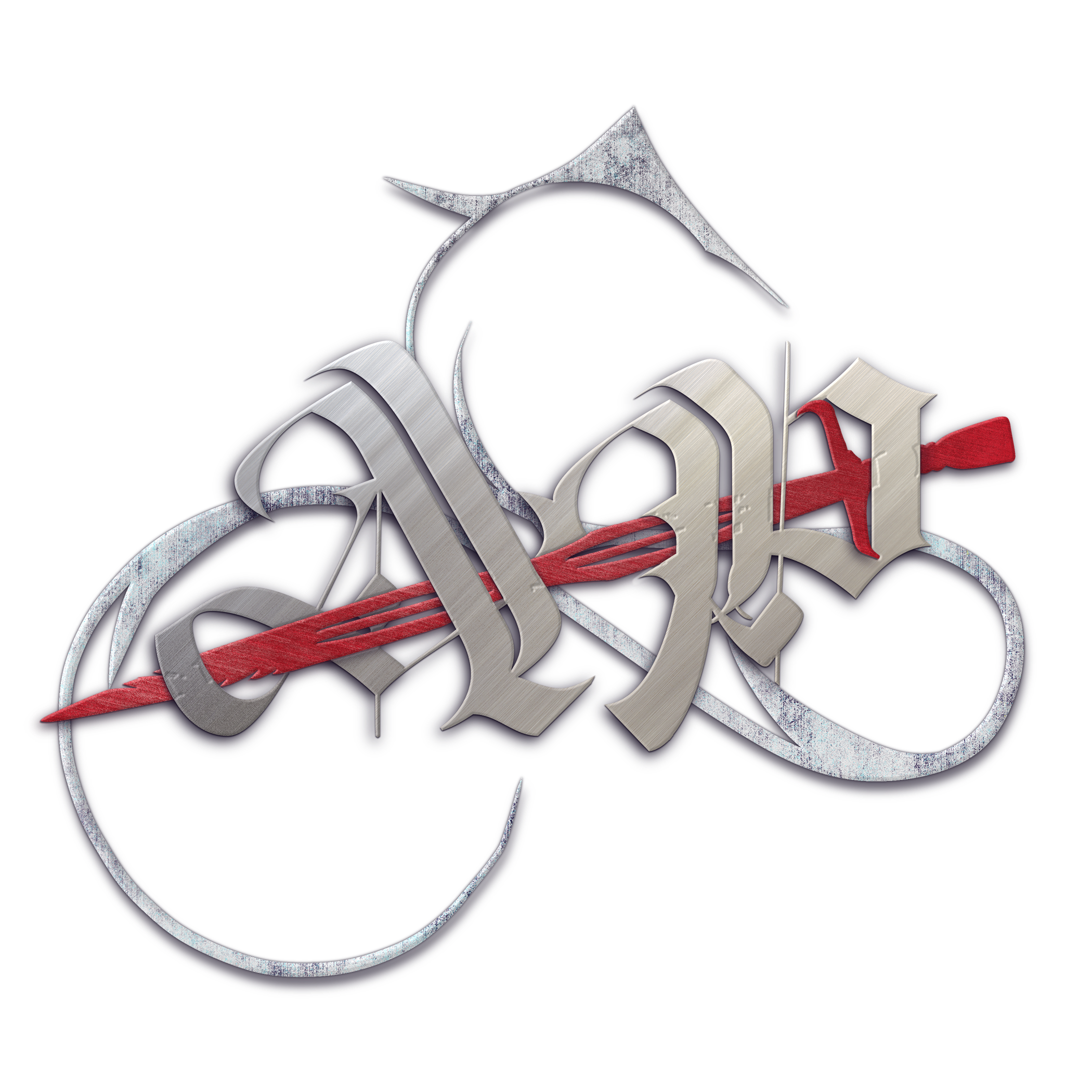Brazilian Jewish writer Clarice Lispector once said, "I only achieve simplicity with enormous effort." Truer words were never spoken!
As writers, it's our job to communicate with as much clarity as possible. This means using the best words to convey meaning. For example, a good writer knows that you NEVER say "He ran quickly". Instead, you say "He sprinted" or "He darted". You use fewer words and convey a meaning with greater clarity.
But boy is that hard to do!
I'm willing to bet that the hardest part of writing for most writers is trying to speak clearly and with brevity. I know that when I write, I can agonize over the right way to say something. It's not about what I'm trying to say, but HOW to say it so that the reader understands what I'm trying to say, and with as few words as possible.
 Coming up with a story is the easy part, at least for me. I can paint detailed pictures in my head of settings, facial expression, character motivations, action scenes, and plot twists. But actually translating those mental pictures into written word is the struggle. As writers, we have to paint those pictures with words, and it's incredibly challenging to do so in a way that the reader sees the same thing we do.
But that's what separates the amateur writers from the professionals, and the good from the great. When you read about "cutting adverbs" and "limiting prepositions", it's not about following a specific formula for "good writing". Instead, it's about learning how to be clear and concise at the same time.
With verbal communication, more words are often a good thing. A conversation can only continue when two people continue to speak words to each other. But with written communication, less is more. Therein lies the challenge of writing. You have to communicate the thought or concept clearly, but without overwriting it. Your goal as a writer is to find ways to streamline your communication as much as possible. If you write like you speak, you'll lose the reader's interest. You have to write like you write, and eliminate EVERY unnecessary word from your prose/poetry. Economy of words is the key to holding your reader's interest!
Coming up with a story is the easy part, at least for me. I can paint detailed pictures in my head of settings, facial expression, character motivations, action scenes, and plot twists. But actually translating those mental pictures into written word is the struggle. As writers, we have to paint those pictures with words, and it's incredibly challenging to do so in a way that the reader sees the same thing we do.
But that's what separates the amateur writers from the professionals, and the good from the great. When you read about "cutting adverbs" and "limiting prepositions", it's not about following a specific formula for "good writing". Instead, it's about learning how to be clear and concise at the same time.
With verbal communication, more words are often a good thing. A conversation can only continue when two people continue to speak words to each other. But with written communication, less is more. Therein lies the challenge of writing. You have to communicate the thought or concept clearly, but without overwriting it. Your goal as a writer is to find ways to streamline your communication as much as possible. If you write like you speak, you'll lose the reader's interest. You have to write like you write, and eliminate EVERY unnecessary word from your prose/poetry. Economy of words is the key to holding your reader's interest!
 Coming up with a story is the easy part, at least for me. I can paint detailed pictures in my head of settings, facial expression, character motivations, action scenes, and plot twists. But actually translating those mental pictures into written word is the struggle. As writers, we have to paint those pictures with words, and it's incredibly challenging to do so in a way that the reader sees the same thing we do.
But that's what separates the amateur writers from the professionals, and the good from the great. When you read about "cutting adverbs" and "limiting prepositions", it's not about following a specific formula for "good writing". Instead, it's about learning how to be clear and concise at the same time.
With verbal communication, more words are often a good thing. A conversation can only continue when two people continue to speak words to each other. But with written communication, less is more. Therein lies the challenge of writing. You have to communicate the thought or concept clearly, but without overwriting it. Your goal as a writer is to find ways to streamline your communication as much as possible. If you write like you speak, you'll lose the reader's interest. You have to write like you write, and eliminate EVERY unnecessary word from your prose/poetry. Economy of words is the key to holding your reader's interest!
Coming up with a story is the easy part, at least for me. I can paint detailed pictures in my head of settings, facial expression, character motivations, action scenes, and plot twists. But actually translating those mental pictures into written word is the struggle. As writers, we have to paint those pictures with words, and it's incredibly challenging to do so in a way that the reader sees the same thing we do.
But that's what separates the amateur writers from the professionals, and the good from the great. When you read about "cutting adverbs" and "limiting prepositions", it's not about following a specific formula for "good writing". Instead, it's about learning how to be clear and concise at the same time.
With verbal communication, more words are often a good thing. A conversation can only continue when two people continue to speak words to each other. But with written communication, less is more. Therein lies the challenge of writing. You have to communicate the thought or concept clearly, but without overwriting it. Your goal as a writer is to find ways to streamline your communication as much as possible. If you write like you speak, you'll lose the reader's interest. You have to write like you write, and eliminate EVERY unnecessary word from your prose/poetry. Economy of words is the key to holding your reader's interest!

